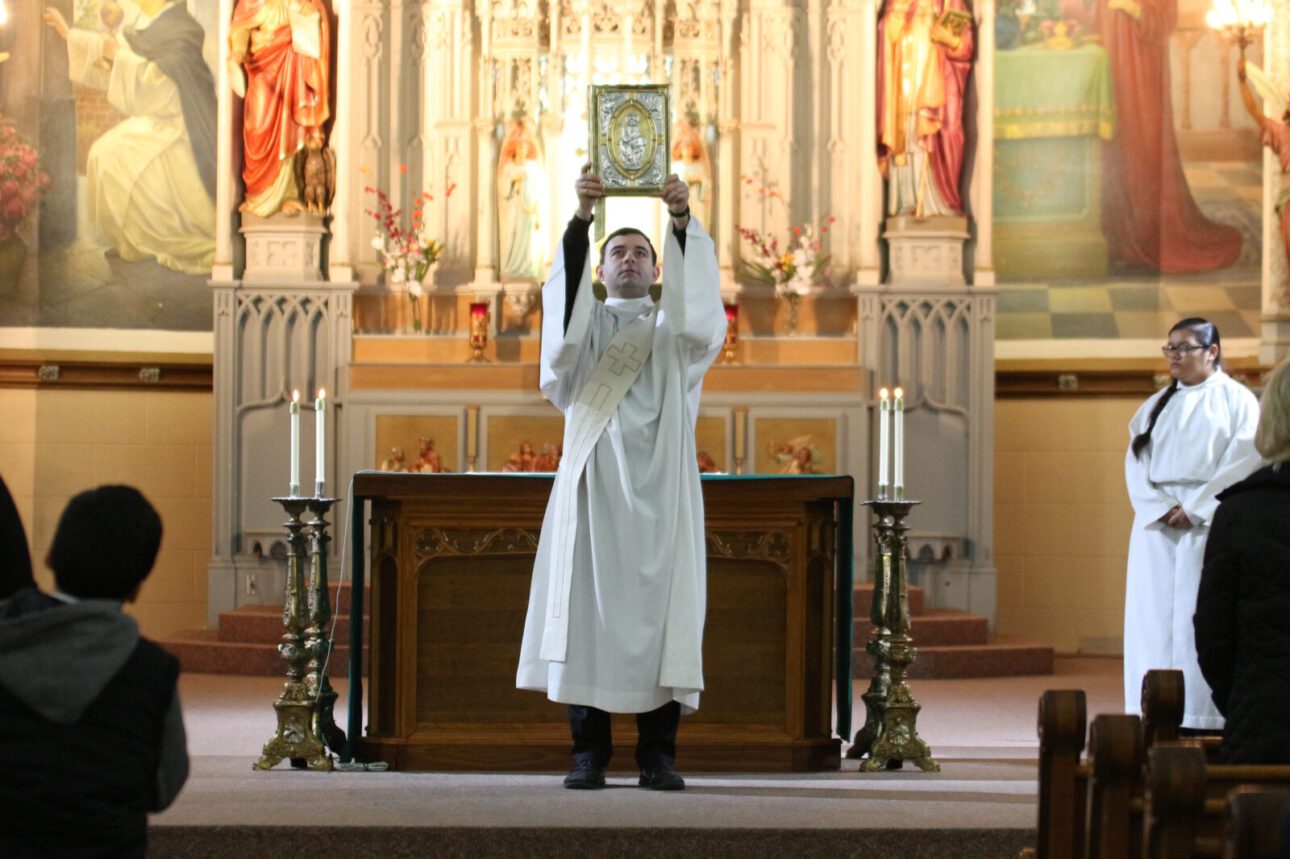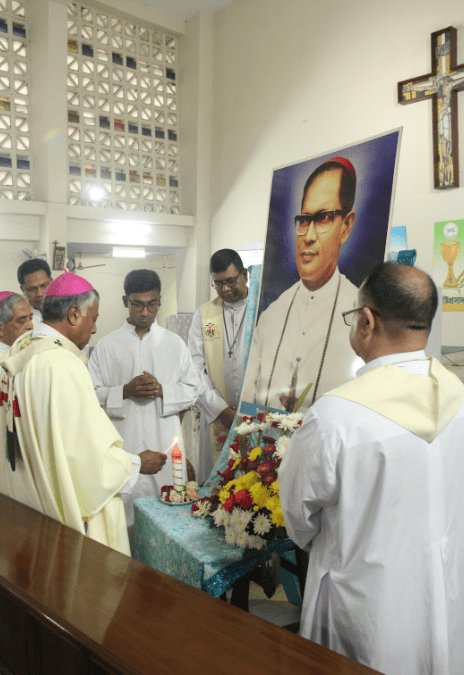As we prepare for Lent to begin, I thought I would turn to Moreau’s writings to see how he might help us get ready for this season. I was drawn to a meditation he offered on what used to be known as “Sexagesima Sunday,” the day ten days before Ash Wednesday. On this day, he offered a reflection on what (in the lectionary of the time) was the Gospel reading assigned for that Sunday: The Parable of the Sower (Luke 8:4–15), concentrating on Jesus’ declaration that “the seed is the word of God.” Simply by his choice to be grounded in Scripture and liturgy this way, he modeled what he called us to: intense devotion to the Word of God as proclaimed in the Church.
Moreau explains that when he speaks of the Word of God, he means both that which comes to us through the “articulation of language” as well as “interiorly through inspiration.” Our current Holy Cross Constitutions likewise recognize various ways in which God manifests his will to us, including “prayer, communal reflection, scripture, the Spirit’s guidance in the Church, and the cry of the poor” (Constitution 5:50).
To help his readers marvel at the wonder that God offers us revelation in this way, Moreau turns to the words of Saint Caesarius of Arles, a sixth century bishop. This saint declares that “the word of Jesus Christ does not seem … less awesome than his body.” The word “awesome” here is not used in the cheap sense it sometimes has today but instead to call people to a posture of awe at this reality: an equal awe for God’s word as for Christ’s body, present to us in the Eucharist. In fact, the bishop goes on to state that to be inattentive during the proclamation of God’s word is no less serious a fault than to carelessly drop a consecrated host to the floor.
Guided by these words to meditate on the liturgy, Moreau then discusses what he calls the two “thrones” in a Church: the altar and the ambo. From both of these, Moreau tells us, “We are served a celestial food.” This food needs to make it to the heart — whether it goes through the mouth or the ears — and thereby make an impact on our life.
To say this of Scripture proclaimed from the ambo is a familiar, though still important reminder! Moreau applies what he says, though, not just to the proclamation of Scripture but also to preaching — an application that he admits is sure to make preachers “tremble.” He compares the preacher’s voice to the water used in baptism, the oil used in confirmation, and bread offered in the Mass; the preacher’s voice becomes the “vehicle of the voice of Jesus Christ.”
A weighty duty to assign to both preacher and congregant alike! We are not left alone with that task though. Moreau ends this meditation, as he does all his meditations, with prayer. Christ alone can help us. Christ does help us.
As we prepare for the coming season of Lent, how might we prepare to be more attentive to, and thereby transformed by, God’s word, present powerfully in Scripture but also in preaching? Simply reading the lectionary selections for each Sunday before coming to Mass can be a big help. During homilies, we can be more active listeners by trying to distill as we listen one insight that we’ll remember, maybe even write down, and feed on anew throughout the week.
Christ is feeding us; let’s feast!
Published on January 31, 2024




